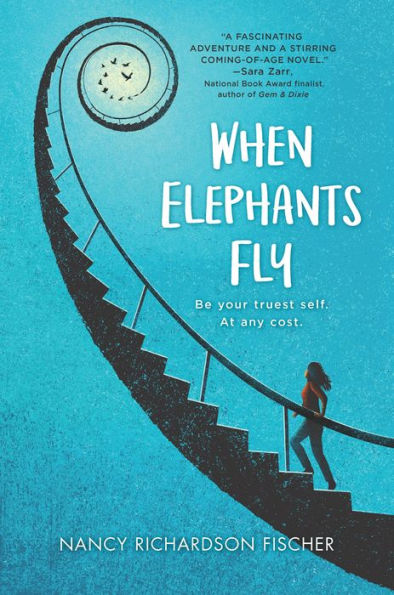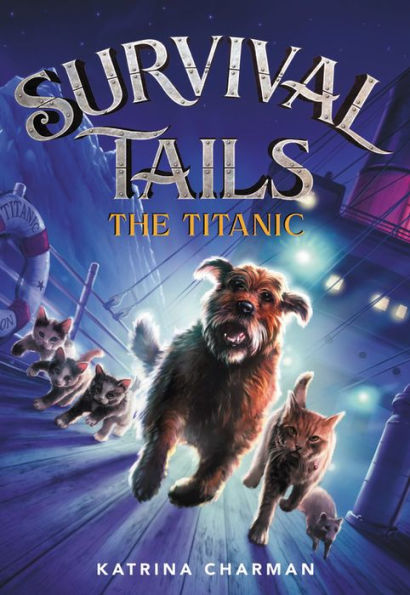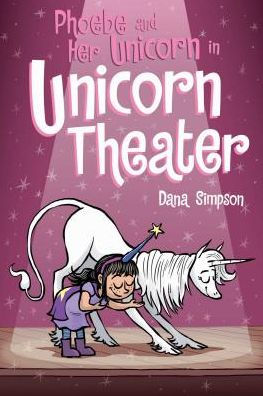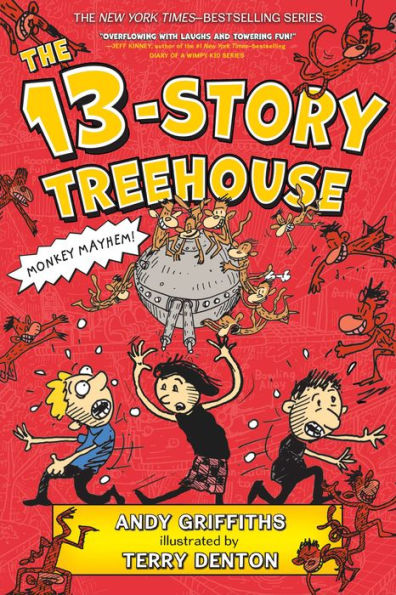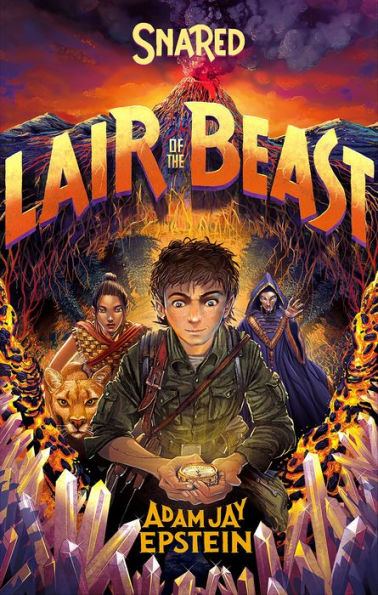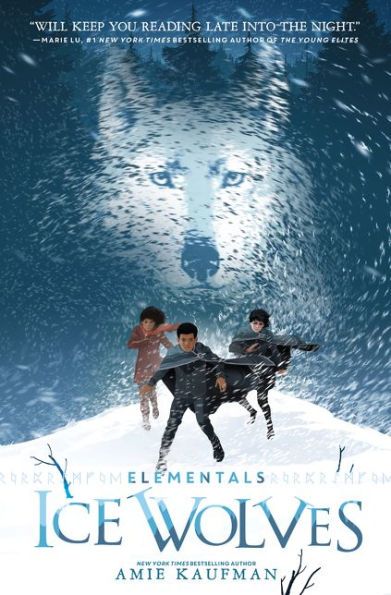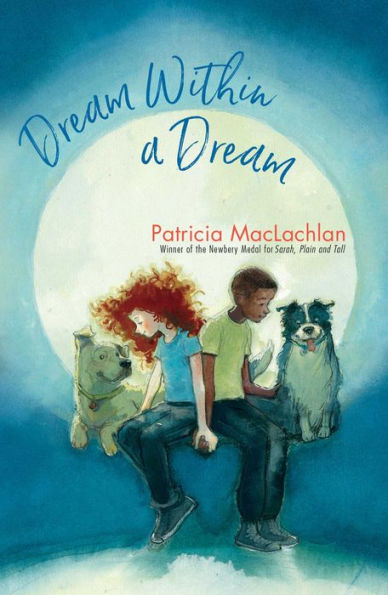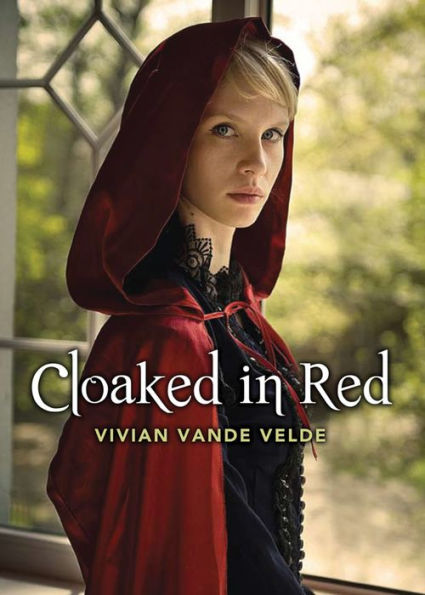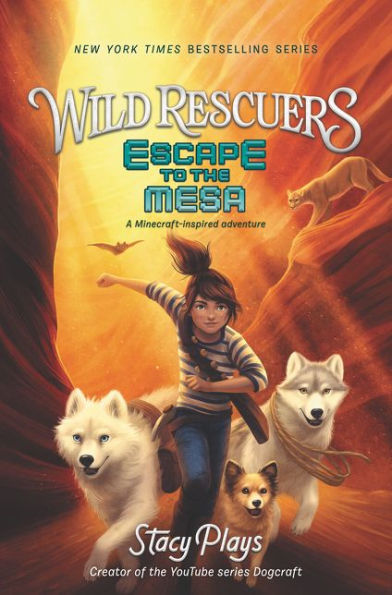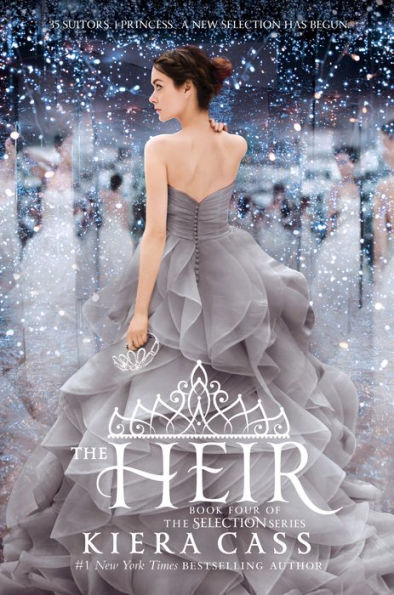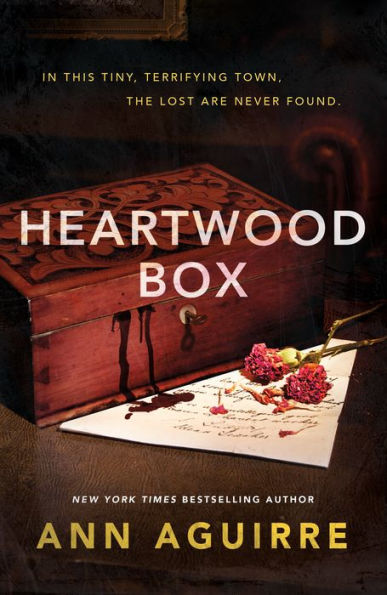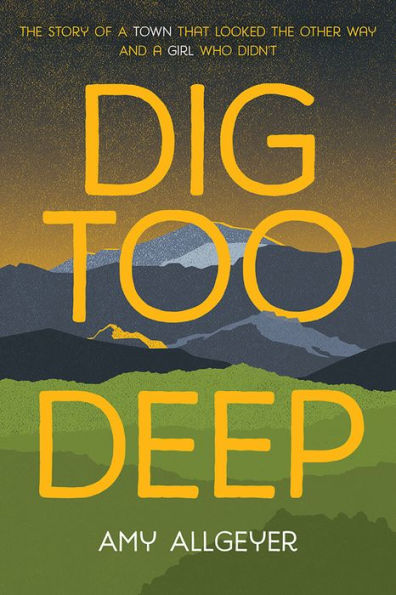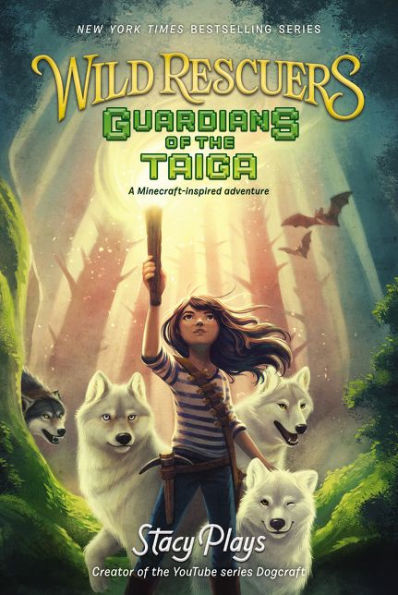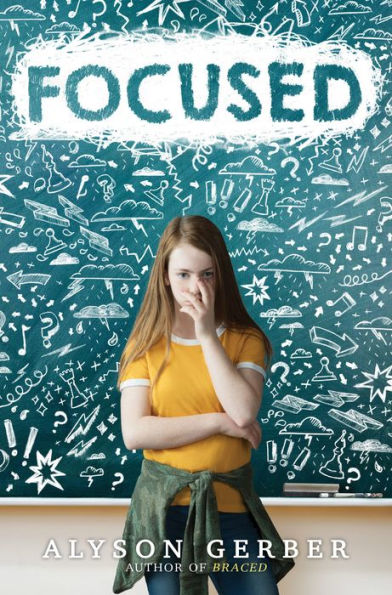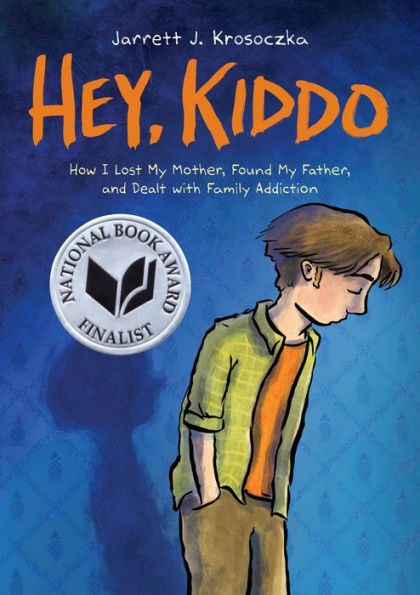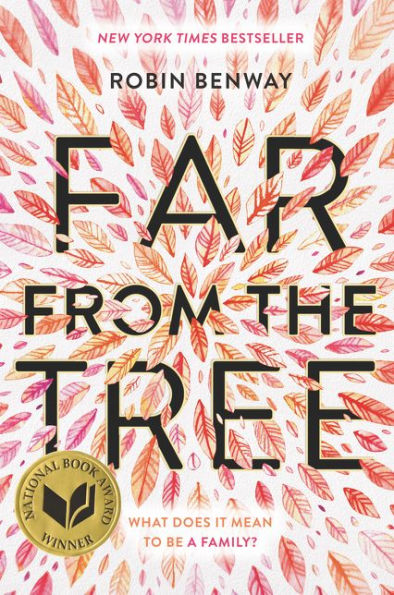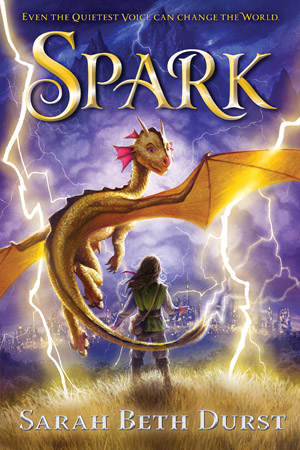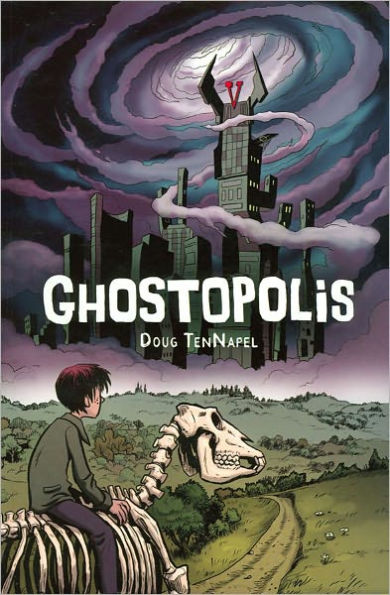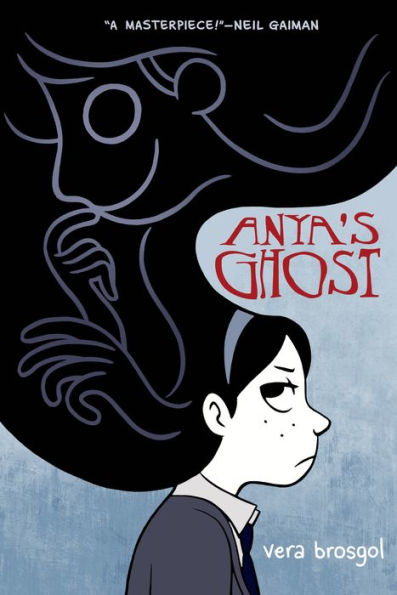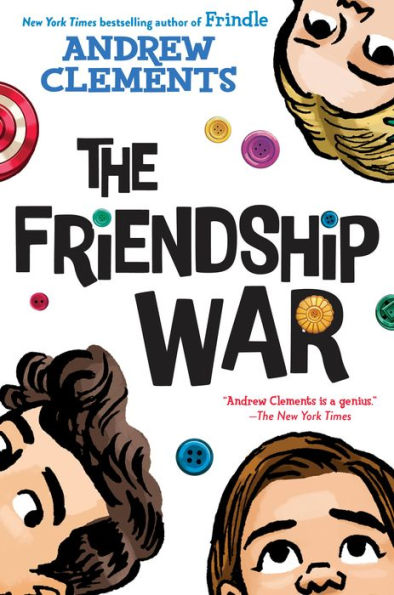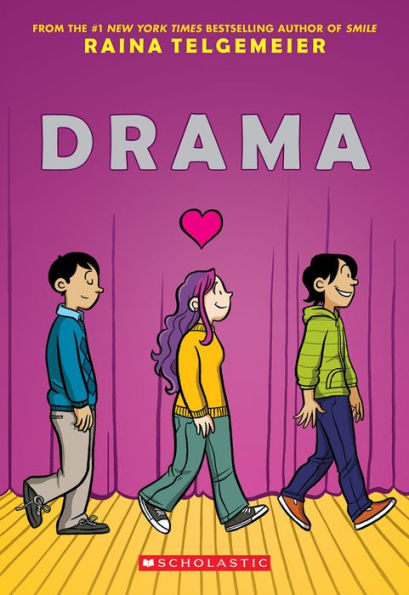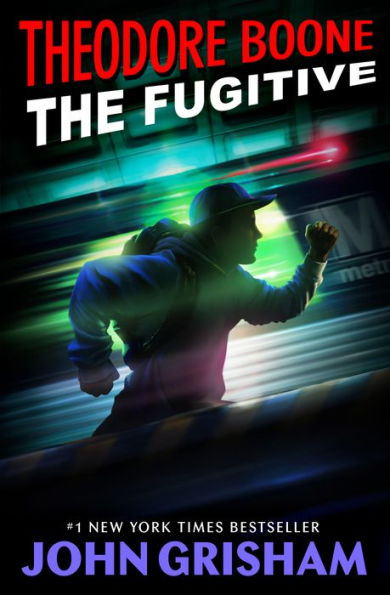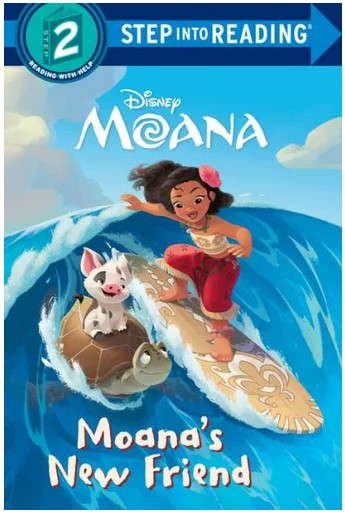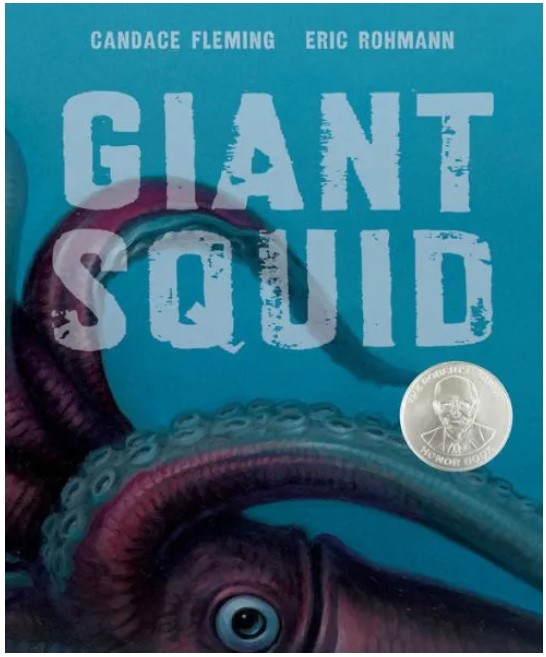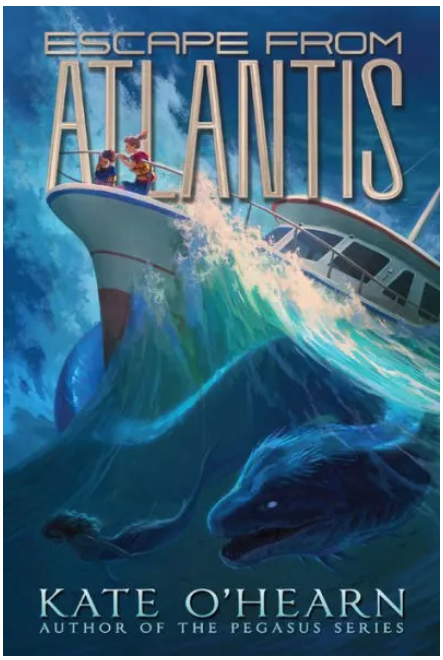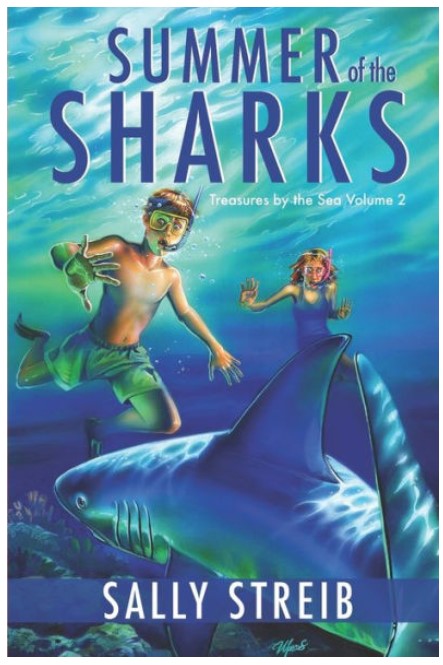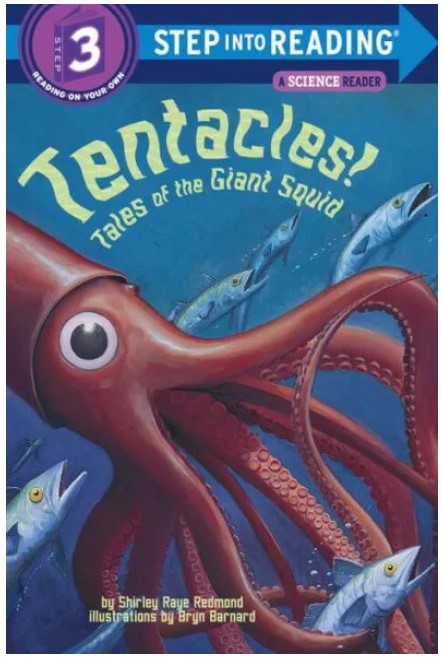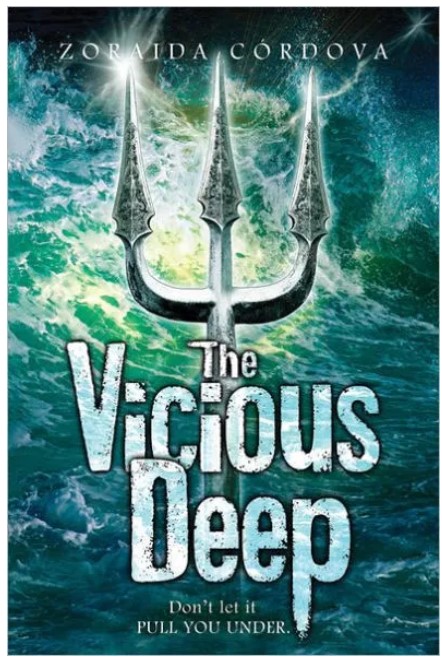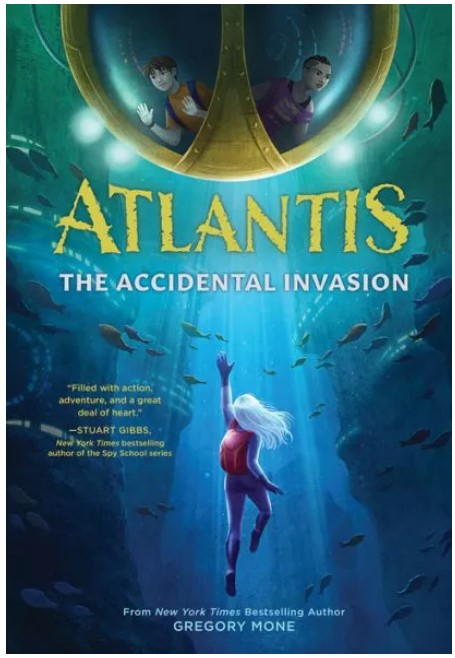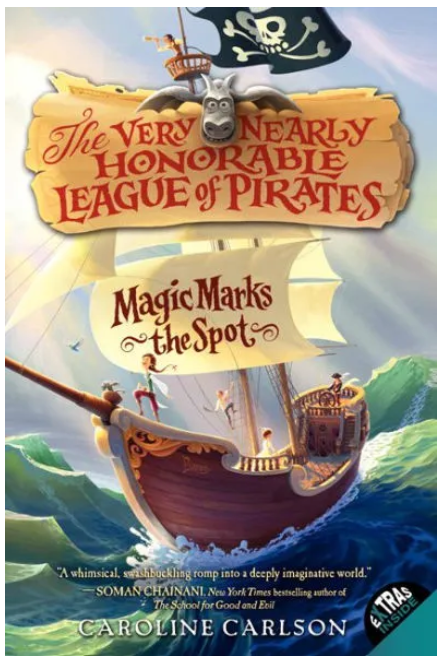Lillian has a plan. No boys, no stress, and no drinking. In fact, Lillian’s entire life revolves around a plan that avoids any sort of stress that could trigger schizophrenia. Schizophrenia runs in Lillian’s family; it drove her mother to throw Lillian off a roof when she was just a child. While Lillian’s plan to avoid stress seems like a good idea, Lillian’s best friend Sawyer worries she is letting life pass her by.
But Lillian doesn’t mind. That is until her job at a newspaper requires her to cover the birth of a baby elephant. The baby elephant, nicknamed Swifty, is rejected by her mother shortly after the birth and is nearly trampled to death by her mom. Due to their similar plights, Lillian finds herself drawn to Swifty and filled with a need to protect the baby elephant. But will saving Swifty cost Lillian her best friend, her freedom, and her sanity?
Throughout the story, Lillian struggles between taking the easy route to preserve her sanity and risking everything to save Swifty. The bond between Lillian and Swifty allows the reader to become emotionally concerned about Swifty and care about her well-being. The end of the novel suggests that it’s okay and even right for Lillian to risk her health and break the law in order to protect Swifty, despite the fact that she goes against the advice of adults with much more elephant experience than her. In the end, Lillian perseveres due to her unconditional love for Swifty.
When Elephants Fly has a delightfully original plot. It’s filled with facts about both elephants and schizophrenia that are conveyed to the reader in a way that meshes well with the storyline and doesn’t come across as obtrusive. The characters are unique but shallow. The original premise of the story will keep readers turning the pages. The lack of descriptions in When Elephants Fly may disappoint older readers; however, for readers just graduating to the YA level, this story is sure to delight with its many twists and turns.
The story touches on some difficult topics, including mental illness, genetics, family trauma, friendship, and animal rights. Although the author attempts to educate readers about schizophrenia, she unfortunately allows readers to believe that mental illnesses can be prevented–which is not the case. Flashbacks are scattered throughout the story, allowing readers to get a glimpse into Lillian’s thinking process as well as her increasingly unsteady mental health. Although When Elephants Fly has an interesting premise, readers will notice that some of the plot points are unrealistic, the romance is forced, and the characters are underdeveloped. Despite the book’s flaws, anyone interested in mental health or animal abuse should read When Elephants Fly.
Sexual Content
- Lillian wants “to at least be kissed by someone other than John Jensen in the tunnel of love. We were ten and I let him cop a feel of my nonexistent boobs.”
- Years ago, Lillian’s grandparents wrote a letter to Lillian’s parents begging them to abort her. Her grandparents were certain the stress of becoming a mother would trigger their daughter’s schizophrenia.
- Lillian has a plan for a stress-free life to avoid triggering schizophrenia. That includes no sex. At one point, she sees a guy who is “cute in a hipster kind of way. I’ve taken a vow of celibacy for the next twelve years, but I can still look.”
- Lillian thinks about a schizophrenic girl who “had hallucinations that she was having sex, all the time, day and night, fully clothed. Three years after her first episode, she’d attempted suicide twice, was addicted to cutting and lived in her stepmother’s basement.”
- Lillian accidentally sees Otis skinny-dipping and remembers skinny-dipping with her best friend Sawyer. “Otis is naked . . . I should look away, but I don’t. It’s not the first time I’ve seen a naked guy. I mean, I’ve seen Sawyer plenty of times. We skinny-dip in his pool late at night when his parents are away or asleep. But it’s the first time I’ve seen a naked guy who doesn’t know I’m watching him. Technically, that’s uncool. But my eyes still travel from his broad shoulders to his lean waist, pretty much perfect butt and muscular legs.”
- Lillian and Otis almost kiss. “Our lips are inches apart. His fingers drift down to trace my collarbone . . . Our lips brush, soft, fleeting. His mouth travels along my neck. Everywhere he touches comes alive.”
- Otis says, “When I was seven, one of the workers took an interest in me. I was the kind of kid pedophiles target . . . One night I was sleeping outside Tambor’s pen. I woke up to the guy unbuttoning my jeans. Nothing happened. But it was heading that way.”
- Lillian and Otis kiss. “It’s my first real kiss . . . Otis pulls back, runs his thumb over my lower lip. My skin is alive for the first time in my life. It’s like being woken up after eighteen years of trying to feel nothing.” They kiss several more times.
- Lillian and Otis undress, but are interrupted before they can sleep together. “He cups my breasts, his thumbs instantly making my nipples insanely sensitive. He draws me onto his lap so that I’m straddling him, and I can feel how much he wants me. . . He slides me beneath him then bends, lips tasting the curve of my breasts, tongue teasing my nipples until I shiver from the sensation.”
Violence
- Lillian thinks about examples of schizophrenic behavior often. “I mean like hearing a man’s voice telling you to drive your car into a group of little kids, watching your best friend’s face morph into a monster or people screaming so loudly in your brain that you consider taking a hammer to your own head to crush the voices.”
- Lillian remembers her schizophrenic mom’s erratic behavior. “If she hit me, five minutes later she’d wonder about a red mark or bruise, then kiss it to make it better.”
- Lillian watches an elephant give birth. “In a single breath the sac expands then Raki’s calf drops to the ground. There’s a gust of fluid followed by a stream of bright red blood that paints the insides of Raki’s legs crimson.” To make her baby elephant take its first breath, the elephant mother “kicks the newborn with her back leg—hard enough to move it several feet. The calf doesn’t react. Raki kicks it again. . . Finally, its dark eyes blink then remain open.”
- Lillian thinks about a girl on YouTube with schizophrenia. The girl’s worst hallucinations “included seeing the lower part of her face in bloody tatters each time she caught her reflection in a window or mirror.” Another schizophrenic kid had “voices in his head that told him every single day to kill himself before someone else did it for him. His birthday was March 17 and he didn’t post that day, or ever again.”
- When Lillian hears that her best friend’s dad is being a jerk, she thinks, “I want to drive over to Cushing Stafford Thompson’s mansion and light it on fire with him inside.”
- The zoo director tells Lillian about the first orphan elephant she met. “He was found on the Masai Mara standing beside his dead mother. She’d been killed by a poacher’s poison spear. Her tusks had been sawed off, leaving gaping, bloody wounds.”
- An elephant mother rejects her calf and attacks it. “With an earsplitting trumpet, Raki charges her calf and head-butts her in the torso so hard that Swifty Jones flies several feel through the air, hits the ground, rolls. Raki kicks her repeatedly, her body flipping down the length of the room until she’s ten feet from us. The calf is motionless, her eyes closed.”
- Otis gets into a fight with his brother. “Howard’s backhand comes out of nowhere, like a bear attack. It catches Otis in the jaw, snaps his head sideways. He doesn’t go down but it’s close. Despite the blood on his lower lip, Otis keeps his hands balled at his sides.”
- Otis confesses that his brother killed someone. “Howard stabbed the guy twenty-two times. I can still hear the sound of the tines going through skin, muscle, hitting bone.”
- Lillian’s mother “committed suicide in prison.”
Drugs and Alcohol
- Jonah, a student at school, “told his dad that there was a keg at a preseason track party. His dad called the principal. Jonah is now a pariah.”
- Lillian walks in to find her dad “drinking Scotch. By the half-empty bottle on the counter and the bleary look in his eyes, he’s had way too much. I haven’t seen him drunk in a long time, not since the last few months with Violet.”
- Lillian’s dad leaves a voicemail. “I heard ice cubes in the background. Calvin was drunk again.”
- It’s mentioned in passing that Sawyer’s mom “eats [Xanax] like candy,” though it’s never shown.
- A circus worker mentions that he is on probation for “Drugs. Got hooked. Made some stupid choices.” Later it’s revealed that he “got hooked on heroin when he was thirteen, [then] switched to meth because it was cheaper.”
- Lillian sees a circus worker drunk. “The way he’s moving reminds me of my dad when he’s had too much Scotch. What the hell is going on? Why is Howard working with the elephants when he’s been drinking?”
Language
- Hell and damn are used frequently. Lillian’s boss tells her, “Get the hell out of my office.” Another time Lillian asks, “What the hell is wrong with you?” During an argument, Lillian’s dad says, “Dammit, how can you even remember?”
- Ass, pissed, and crap are used often. For example, “Howard stares at his brother like he’s a total ass.” A worker tells his friend to “stop flirting and get your ass in the truck.” Another time, Sawyer’s mom tells her son, “What’d you expect? You pissed him off, dear.” Lillian said her dad “took a massive crap” on one of her ideas.
- Shit is used frequently. After watching an elephant give birth, the zoo director tells Lillian, “Holy shit! You’re white as a ghost.” Another time, Lillian calls “Bullshit!” during an argument with her dad.
- Fuck and motherfucking are used several times. Lillian’s best friend tells her “fuck you.” A woman says if a man wants to know if she is single, “he should fucking ask me himself.”
- Bitching and bastard are both used a few times. “Matthews is bitching about video, though. It better be attached to your next article.”
- Prick is used once. A man says, “Tiger is willing to risk her future for what she believes in. What we should all believe in, if we’re not callous, inhumane pricks.”
Supernatural
- None
Spiritual Content
- None
